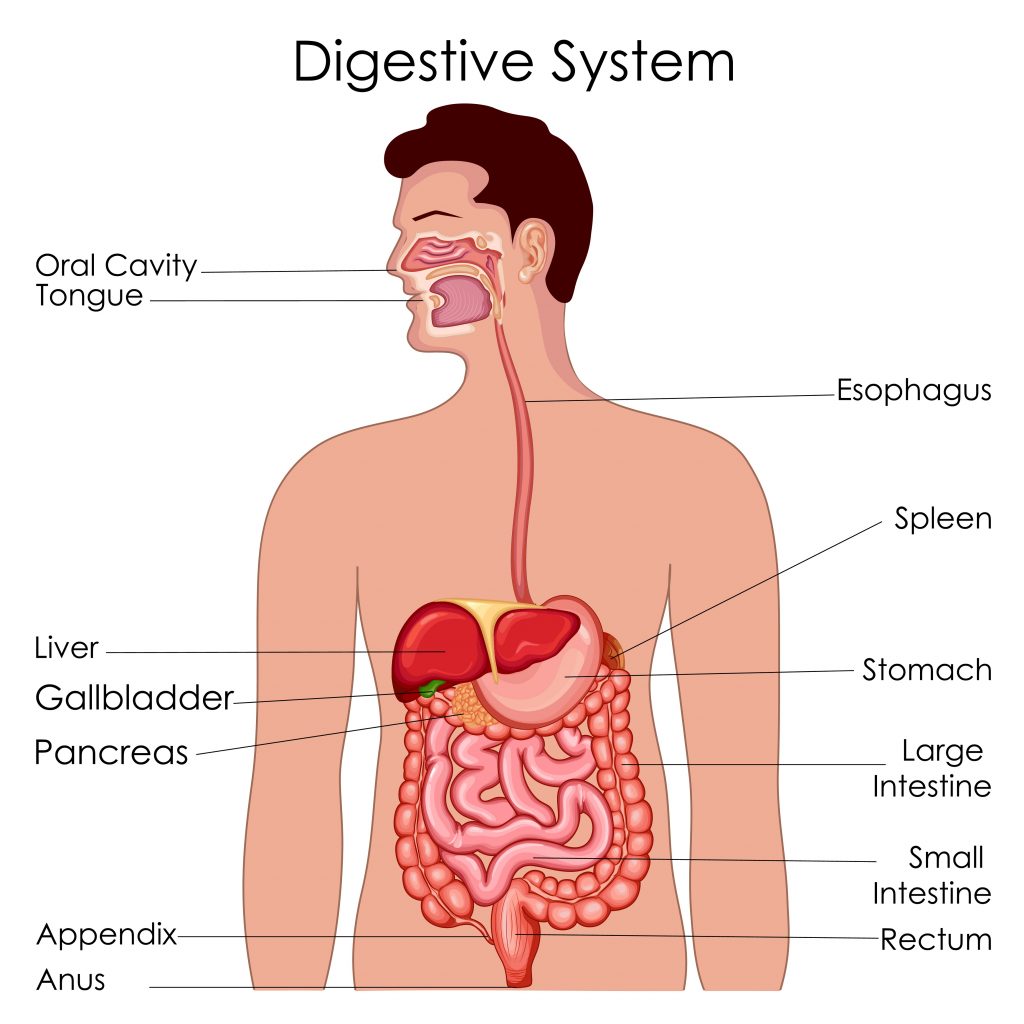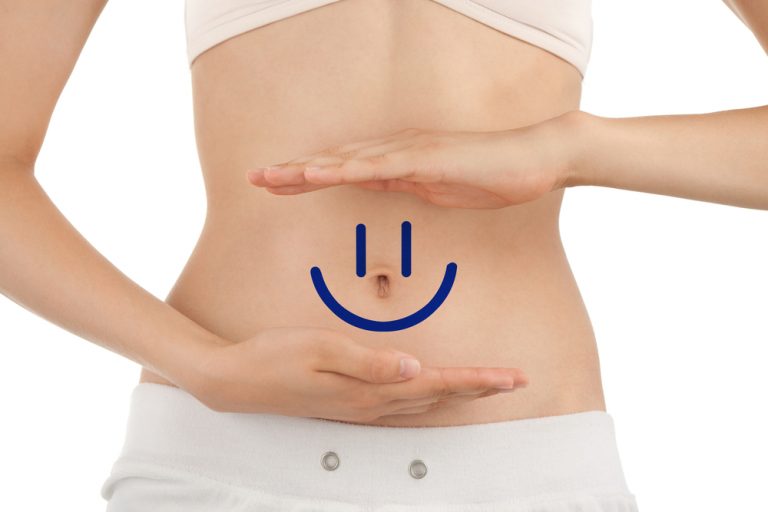Digestion begins practically as fast as the food enters your mouth. Of course, this process consists of many factors directly interacting with each other, but it is worth remembering that proper eating is the easiest way to avoid discomfort in the form of abdominal pain, bloating, heartburn or constipation. The digestive system is not a single organ – it is a chain of them with accompanying digestive tracts - and if any of those works improperly, we could have more or less troublesome health problems. What to do to avoid them? How to care for proper digestion?
Biting and digestion
An important function when it comes to digestion is proper biting of food. Accurate biting of food significantly affects its correct reach to the target, i.e. overcoming individual parts of the digestive system.
In the mouth, the bitten products are mixed with saliva and the enzymes it contains - ptyalin. This causes a preliminary distribution of some nutrients, including carbohydrates. In the later stage of digestion, gastric juices and pancreatic enzymes play the main roles. They prepare subsequent sections of the digestive system for the intake of food mass.
To help your digestive system and digestion, eat slowly, bite thoroughly and chew on individual bites. It is not advisable to just swallow whole food. Between bites, it is worth drinking a bit of still mineral water.
Talking while eating has an adverse effect on digestion - eating and talking at the same time causes air to enter the stomach, which in many cases results in the withdrawal of food mass, also known as reflux.
Avoid overeating and focus on swallowing small, carefully bitten bites. In this way, we provide the body with the optimal amount of calories and energy, while maintaining health, excellent well-being and efficient digestion.

Digestive functions of individual organs
Digestion is a complicated process involving many organs, including stomach, pancreas, liver, small and large intestine. The brain oversees the proper functioning of individual organs, which receive information about currently carried out digestive activities. The brain, by means of specialized nerve centres, stimulates the nervous system and hormones secreted in the digestive system while coordinating its work.
The stomach plays an important role in this respect, as it contains a significant amount of mucus and gastric juices. In the stomach, the food is furtherly digested and prepared for further processing.
If there is an excessive amount of gastric juice, erosions and even stomach ulcers may appear - in this situation, it is necessary to maintain a proper diet and avoid certain products, including strong coffee and alcohol, which further irritates spoiled walls of the stomach.
In subsequent stages, digestion takes place in the small intestine, with the active participation of pancreatic enzymes and hepatic bile, supporting the processing of digested food. In the first segment of the small intestine, known as the duodenum, the sugar, fat and protein break down process. The amino acids, glucose and fatty acids obtained in the digestive process are transferred through the intestinal villi to the lymphatic and blood vessels.
The last stage of digestion is the large intestine, which goes to what has not been digested. The large intestine absorbs water, electrolytes and vitamins. Also, the synthesis of vitamin K and some B vitamins is occurring here. The stage that closes the digestive process is defecation.
Digestion - liver and pancreas functions
When analyzing digestion, it is worth looking at the functions of the pancreas and liver - glands which are not taking part in digestion process directly, although they play a very important function in the digestive process through secretion of specific substances.
The main task of the liver is to produce bile and remove toxins. Bile is necessary for the proper functioning of the digestive system because it allows you to digest fats more efficiently.
The pancreas is responsible for the proper concentration of glucose in the blood - it produces enzymes and hormones that regulate blood sugar management. Diabetes can occur in the case of pancreatic disorders.






